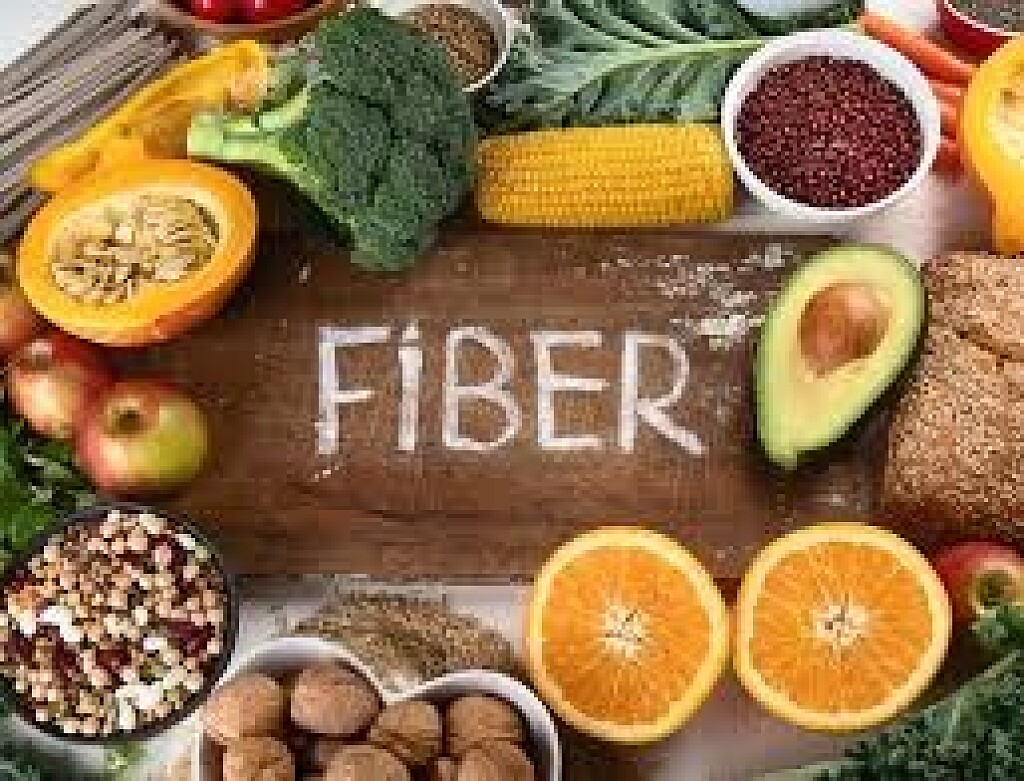Running News Daily
Running News Daily is edited by Bob Anderson. Send your news items to bob@mybestruns.com Advertising opportunities available. Train the Kenyan Way at KATA Kenya and Portugal owned and operated by Bob Anderson. Be sure to catch our movie A Long Run the movie KATA Running Camps and KATA Potato Farms - 31 now open in Kenya! https://kata.ke/
Index to Daily Posts · Sign Up For Updates · Run The World Feed
Runners: are you eating too much fibre?
Fibre is an important nutrient for our health, but it’s possible to go overboard with it. This is especially true for runners, who tend to be more susceptible to gastrointestinal discomfort. We spoke with Canadian sports dietitian Stephanie MacNeill to get the low-down on how much fibre runners really need, and the risks of eating too much.
Running can be hard on the gastrointestinal (GI) system for many reasons, including reduced blood flow to the gut, the bouncing motion of running and the diversion of blood flow from the gut toward the working muscles and skin, among other factors. This can lead to reduced oxygen and nutrient delivery to the GI tract, potentially causing discomfort and impaired digestion.

How much fibre should you eat?
MacNeill says the recommended fibre intake per day is 22 to 34 grams, depending on age and sex. “Everyone’s tolerance to fibre will vary, so even the recommended daily amount may be too much if you haven’t regularly been including fibre-rich foods in your diet,” she says. Increasing your fibre intake too suddenly can also cause GI distress, she adds. (High-fibre foods include beans, some vegetables including broccoli and whole grains–again, these are healthy foods, but be aware of how much you’re consuming in relation to other macronutrients.)

When you’ve got too much of a good thing
Eating too much fibre (or increasing your fibre intake too rapidly) can cause GI distress for anyone, but the problems could be worse for runners, since they’re already at greater risk for GI issues. MacNeill says that runners who consume too much fibre may experience the following:
Not consuming enough calories: Fibre helps add volume to meals, which can help promote satiety. If you rely too heavily on fibre, you may end up feeling too full to eat other foods, which may interfere with your ability to meet all your nutrition needs (fat, protein and micronutrients).
Becoming constipated: Overdoing fibre could lead to constipation. Because fibre absorbs water from the intestines, you should also make sure you’re staying hydrated by drinking enough water.
Experiencing gas and bloating: If you increase your fibre intake too quickly, it can cause uncomfortable gastrointestinal effects, including gas and bloating. If you’re trying to increase your fibre intake, do so slowly. You can try adding a few grams of fibre per week.
“Most of the time, having too much fibre causes temporary discomfort without serious harm,” says MacNeill. “However, in rare cases, too much fibre can lead to a blockage in the intestine, requiring medical attention. Currently, there isn’t a maximum daily recommended intake for fibre, so be cautious about greatly exceeding the recommendations for your sex and age group. Also, be mindful of how your body responds to a high fibre intake.”
Fibre recommendations for runners
Runners still do need to eat fibre; they just have to be careful about how, when, and how much they include it in their diet. Follow these guidelines to avoid GI distress:
Stay hydrated throughout the day to avoid constipation.
If you’re trying to increase fibre intake, do so slowly to avoid gas and bloating.
Make sure you’re eating enough calories to support your training. If you’re having trouble eating enough, monitor how much fibre you’re consuming and consider cutting back if it’s interfering with overall energy intake.
Avoid eating high-fibre foods in the hour or two before a run or workout.
Talk to a dietitian for more guidance about incorporating fibre into your diet.
by Running Magazine
Login to leave a comment




